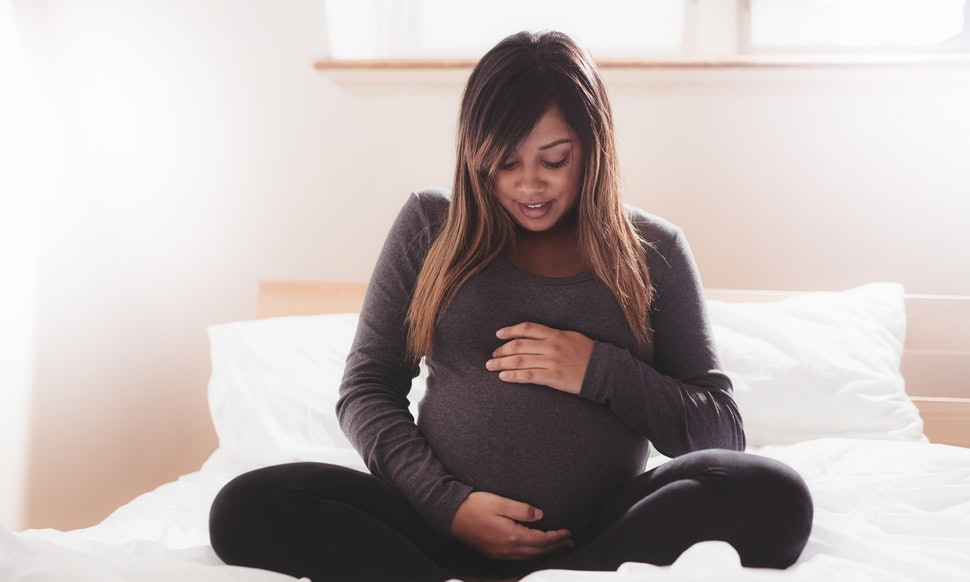Pregnancy is a magical time for most women. A time of change, a time of excitement, a time of preparation and anticipation. It is also demanding, the physical and hormonal changes your body goes through in nurturing a new life are enough to knock anyone for six and leave you at times feeling exhausted, out of sorts and not to even mention nauseous.
So with all that going on, is it really a good idea to head off on your travels while pregnant?
The simple answer is, yes: everyone can benefit from a good holiday and in general it is very definitely a good idea to seek out some rest and relaxation while you are pregnant. Understandably, however, many women have worries and questions about travelling during pregnancy. So to set your mind at ease, here are some of the big ones answered for you.
When is it safe to travel during pregnancy?
There is not really a time when it is unsafe to travel during pregnancy. However, as the chances of going into labour increase significantly after 37 weeks, some airlines will no longer allow you to fly, or will at least ask for consent from your doctor. Although it is entirely a matter of personal preference, some women also prefer to avoid flying during the first trimester (0 to 12 weeks) as this is when the risk of miscarriage is at its highest. It is also when morning sickness tends to be at its worst, and if you are unlucky enough to suffer from that, you may not feel like going very far, anyway.
What if I go into labour and have to cancel my trip?
If you book to go away somewhere approaching 37 weeks of pregnancy, there is always the risk that your baby might decide to arrive preterm and you would then obviously be obliged to cancel your trip. Although you will probably have other things on your mind at the time, the thought that you might lose hundreds of pounds on a cancelled holiday puts a lot of women off booking later in pregnancy. If you take out specialist travel insurance when pregnant, however, you will often be able to get a special clause protecting you for just that eventuality, meaning you can claim you money back if you do have to cancel.
What if I go into labour while I am abroad?
Again, the key thing here is to make sure you have the right travel insurance. If you go into labour abroad, you will get the medical assistance you need at a local maternity hospital, but you will have to pay for it. It is essential to have satisfactory medical cover on your travel insurance for these costs, including the cost of getting you and your new arrival home.
Do I have to declare pregnancy as a medical condition?
For the formalities of buying travel insurance, no – travelling pregnant without telling your insurance provider will not invalidate your policy, as it would if you had a medical condition. You do, however, have to declare any medical issues related to pregnancy, such as high blood pressure, gestational diabetes and so on. Particularly in the later stages of pregnancy, it can be a good idea to tell your airline in advance as they may offer extra support in terms of things like priority boarding. And it is definitely a good idea to consult your doctor about your travel plans so they can offer advice and give you and bump a check-up.
What should I pack?
The good news is that pregnancy has far less of an impact on the amount of stuff you need to take with you than when your baby actually arrives. The most important thing is to ensure you are comfortable. Comfortable shoes are a must, allowing for the fact that your ankles may swell up if you do much walking or the weather is warm. A good foot care kit is something to treat yourself to. Dress for the climate – if you are heading off for some sun, bear in mind that you will probably feel the heat more in later stages of pregnancy, so pack plenty of light, loose-fitting clothes. And don’t forget the sun cream, whatever you do – the last thing you need is a dose of severe sun burn.
What is the best mode of transport during pregnancy
Some women have concerns that the risk of turbulence and changes in air pressure during flights makes air travel unsuitable during pregnancy. But not only is flying perfectly safe, it has one big advantage over other modes of transport- shorter journey times. If you are planning on travelling by land, trains may be preferable to coaches and buses, for one because they are faster and two because they tend to offer more leg room and space to walk up and down aisles. Travelling by boat can be a good option as it is much less cramped again and you have plenty of scope to move around. Having a cabin on overnight trips is also a bonus. However, beware the risk of sea sickness, especially during those early months.











